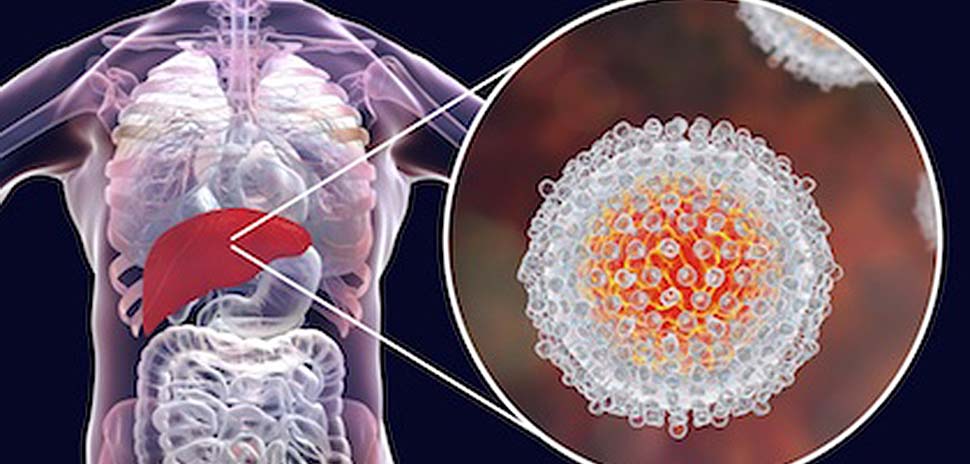![]() Every week, we do a little research of our own. We’re looking for scientists, professors, engineers, entrepreneurs—anybody, really—engaging in research and development across North Texas.
Every week, we do a little research of our own. We’re looking for scientists, professors, engineers, entrepreneurs—anybody, really—engaging in research and development across North Texas.
There’s plenty of good work being done. If you want to put R&D under your microscope, sign up for our e-newsletter.
Can’t find pleasure in any aspect of your life? Researchers studying a treatment

Thomas Ritz

Alicia Meuret
If you’ve never heard of anhedonia, it’s the inability to find pleasure in life—any part of it—and it’s a core symptom of major depression and other mental health disorders.
Now, researchers from Southern Methodist University and a colleague from UCLA will use a roughly $4 million grant from the National Institute of Mental Health to study the effectiveness of their treatment in 168 who suffer from this symptom. The study is being conducted by professors Alicia Meuret and Thomas Ritz of SMU and Michelle G. Craske of UCLA.
According to SMU, individuals who have depression often say they feel down or blue, have a loss of appetite, and have difficulty sleeping or concentrating. It’s a “negative feeling.” Meuret said there is another other side to depression, and that is the reduction of everything that’s positive.
People experiencing anhedonia may not feel overly anxious or depressed but often report that nothing gives them joy anymore, SMU said.
“They don’t feel motivated to do anything, and when they do things that formerly gave them pleasure, they just don’t enjoy them anymore,” Meuret said. “We call that a deficit in the reward system—a reduction to reward sensitivity.”

Hepatitis C infection. Computer illustration showing the liver and a close-up view of hepatitis C viruses. [Courtesy UT Southwestern Medical Center]
UTSW study addresses liver cancer recurrence, hepatitis C treatment
A study by researchers at UT Southwestern Medical Center should reassure healthcare providers that it is safe to treat hepatitis C in patients with liver cancer, according to a press release.
UT Southwestern said the large, multicenter study refutes the earlier idea that antiviral drugs for treating hepatitis C can lead to a higher recurrence of liver cancer, UTSW said in the release. Hepatitis C is an infection caused by a virus that affects the liver.
USW researchers studied the records of patients who had been treated successfully for liver cancer at 31 medical centers across North America. They compared those patients who were and weren’t given direct acting antivirals for hepatitis C, and found there was no significant difference in liver cancer recurrence between those groups.
“Based on these new data, providers can feel reassured that it is safe to treat hepatitis C in these patients and allow them to receive the known benefits of hepatitis C therapy,” Dr. Amit Singal, associate professor internal medicine and medical director of the Liver Tumor Program at UTSW, said.
Changing amyloid levels may portend likelihood of Alzheimer’s disease
Changing amyloid levels in some brian structures may be an important clue in determining who might be at high risk for Alzheimer’s disease, according to new research from the University of Texas at Dallas.
Finding deposits of the protein amyloid is one of the first signs a person could be at risk, UTD said in a release. The research was published in a recent edition of the journal Neurology, and it suggests that early changes in amyloid in posterior cortical regions of the brain were associated with mild declines in episodic memory. That’s your memory for events, times, and places are are autobiographical, UTD said.
UTD said the research was done as part of the Dallas Lifespan Brain Study, begun and led by Denise Park, director of research for UT Dallas’ Center for Vital Longevity, distinguished university chair in Behavioral and Brain Sciences, a UT Regent Scholar, and senior author of the study. Michelle Farrell was lead author. Find out more here.
READ NEXT
R&D: UTA Working on UAVs to Illuminate Nighttime Emergency Scenes; UNTHSC Study Probes Pneumonia
![]()






























